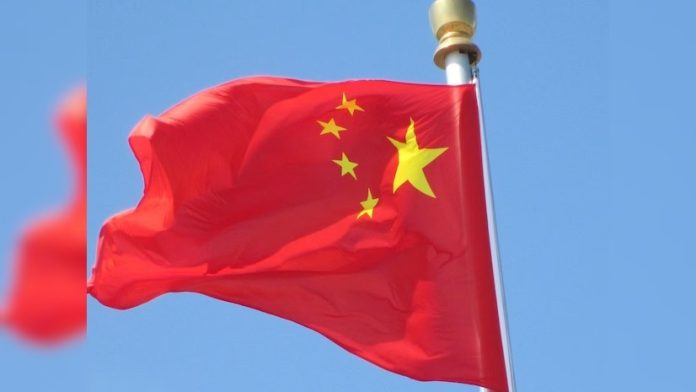WASHINGTON—The Chinese government is investing billions of dollars annually into a global campaign of disinformation, using investments abroad and an array of tactics to promote Beijing’s geopolitical aims and squelch criticism of its policies, according to a new State Department assessment.
Beijing’s broad-ranging efforts, the assessment said, feature online bot and troll armies, legal actions against those critical of Chinese companies and investments and content-sharing agreements with media in Latin America and Africa.
Other tactics include laundering English-language articles written by fake authors in influential local media and placing diplomatic pressure on foreign universities and newspapers that publish content deemed offensive.
China, which has a close partnership with Russia, has also used its information apparatus to reinforce the Kremlin’s narratives on the Ukraine war. China has amplified Russia’s false claims that Kyiv has been operating secret biological warfare laboratories and have echoed Moscow’s claims that the expansion of the North Atlantic Treaty Organization instigated the war.
Russia, the report said, has responded in kind by promoting Chinese propaganda related to Beijing’s claims to the democratic, self-governing island of Taiwan and other interests of the People’s Republic of China.
“Beijing has invested billions of dollars to construct an information ecosystem in which PRC propaganda and disinformation gain traction and become dominant,” said the report released Thursday by the State Department’s Global Engagement Center, which was established in 2016 to counter foreign propaganda and disinformation abroad. Many of these efforts are aimed at developing nations, the report said, adding that China’s campaign, if left unchallenged, might succeed in reshaping a global information landscape, leading other governments to take decisions more closely aligned with Beijing.
“When you look at the pieces of the puzzle and put it together, you see a breathtaking ambition on the part of the PRC to seek information dominance in key regions of the world,” said James Rubin, a special envoy and the center’s coordinator, at a media briefing. The report was based on both open-source information and U.S. government intelligence, Rubin said.
China has broadly denied targeting the U.S. or other countries with online or real-world influence campaigns or disinformation. A representative at the Chinese Embassy in Washington didn’t immediately respond to a request for comment.
The State Department report is the latest effort to draw attention to what Western officials and cybersecurity officials have said is China’s rapidly expanding—and increasingly ambitious—global information manipulation efforts. Though sometimes unsuccessful, China is expected to continue investing more in the coming years to distort international dialogue around its priorities, including Taiwan and the South China Sea, U.S. officials have said.
“Although backed by unprecedented resources, the PRC’s propaganda and censorship have, to date, yielded mixed results,” the report said. “When targeting democratic countries, Beijing has encountered major setbacks, often due to pushback from local media and civil society.”
Meta last month said it had taken down thousands of social-media accounts on Facebook and Instagram linked to the Chinese government, in what it said was the largest known online influence operation in the world. The company said the operation included other platforms such as YouTube and X, formerly Twitter. Other researchers separately spotted the same network active on more niche sites that are popular with far-right activists in the U.S., including Gab.
Those efforts, and others like them, including previous attempts to target Asian-Americans in the U.S., appeared to gain little traction online. The State Department report, however, said China was having success in its efforts to shape and control international conversations by acquiring stakes in foreign media companies in Africa, investing in satellite networks and intimidating international companies that Beijing views as challenging its preferred pro-China narratives.
China has used technical censorship and harassment of individual content producers on WeChat, an app popular among global Chinese-speaking communities, the report said. Those efforts have included leveraging data harvested by Chinese companies to tailor intimidation tactics to specific individuals and organizations, it said.
Through “flooding,” a tactic that manipulates search engine or hashtag results by coordinating large volumes of inauthentic posts, China has sought to make content that is critical of China harder to find. One flooding campaign sought to drown out efforts by foreign activists to focus on human-rights abuses in Xinjiang province by trying to “hijack” the hashtag used by the critics, the report said.
In 2021, Chinese officials agreed to pay a newspaper in an unspecified East African country to publish articles favorable to Beijing while hiding its sponsorship.
China, like other nations, has for decades tried to control international and shape international narratives to its advantage. But the report said Chinese leader Xi Jinping has dramatically expanded the country’s information manipulation efforts since taking power a decade ago.








































